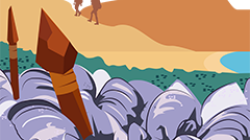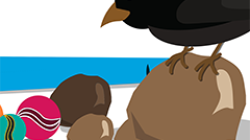Ask An Anthropologist
Ask An Anthropologist is an educational resource for students, teachers, parents, and life-long learners. We encourage anyone interested in anthropology to make use of its content.
Ask An Anthropologist is an educational resource for students, teachers, parents, and life-long learners. We encourage anyone interested in anthropology to make use of its content.
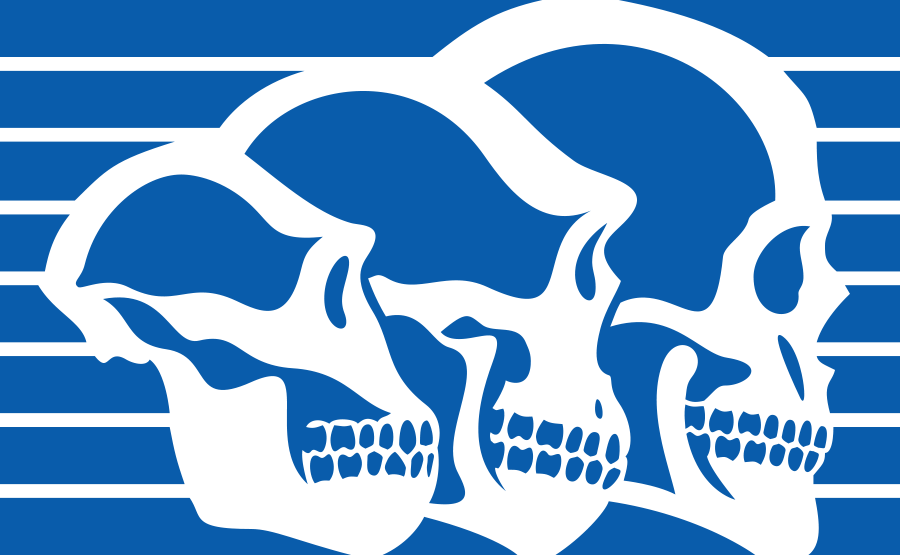
Becoming human brings together interactive multimedia, research and scholarship to promote greater understanding of the course of human evolution.
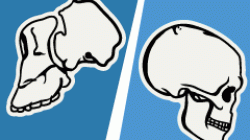
Our species, Homo sapiens, are incredibly unique among the species on Earth today.
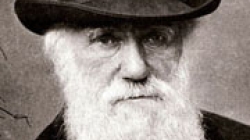
In 1859, Charles Darwin published a book called On the Origin of Species that completely changed our understanding of how biodiversity arises.
